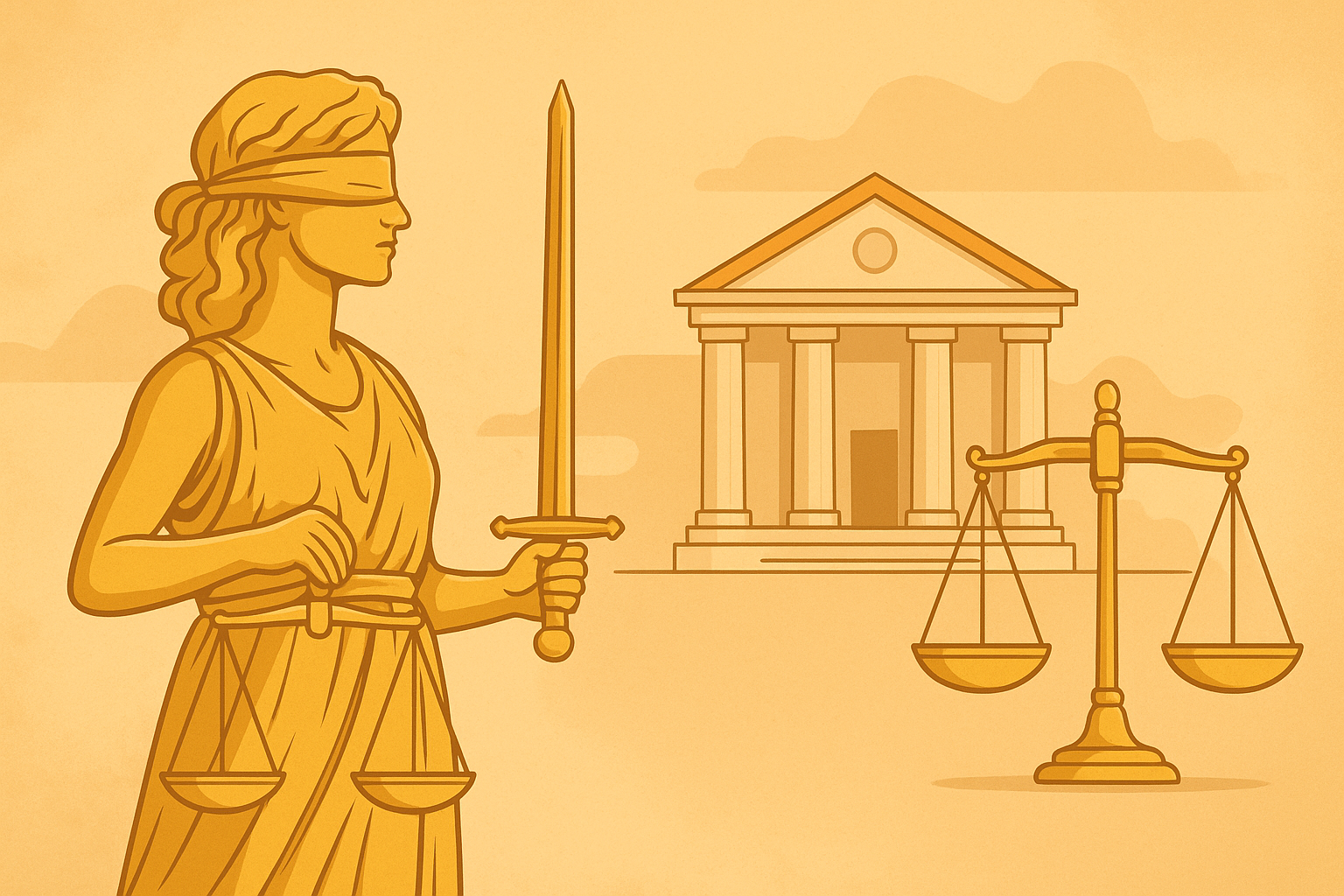Simplified Explanation of the Judgment
In a significant ruling, the Patna High Court clarified the appropriate forum for hearing challenges to arbitral awards under the Arbitration and Conciliation Act, 1996. This case arose from a land acquisition dispute involving compensation granted under the National Highways Act, 1956. The National Highway Authority of India (NHAI) challenged an arbitral award that had been passed by an arbitrator appointed under the National Highways Act. However, the challenge was initially filed before a Subordinate Judge, who dismissed the petition filed under Section 34 of the Arbitration Act.
NHAI then approached the Patna High Court, arguing that the Subordinate Judge lacked jurisdiction to entertain the challenge in the first place. The High Court agreed and emphasized that only the “Principal Civil Court of original jurisdiction” has authority to entertain applications for setting aside arbitral awards. This would be the District Judge, not a Sub-Judge.
To explain further, under Section 34 of the Arbitration and Conciliation Act, an arbitral award can be challenged in court. However, Section 2(1)(e) defines the term “court” specifically as the Principal Civil Court of original jurisdiction in a district. This excludes courts of lower grade, even though they may ordinarily entertain civil suits.
The High Court referred to a previous Division Bench ruling in Shivam Housing Pvt. Ltd. v. Thakur Mithilesh Kumar Singh [2015(3) PLJR 876], which held that even though the Civil Courts Act and Code of Civil Procedure generally provide for cases to be filed in the lowest competent court, the Arbitration Act is a special statute and mandates that only the Principal Civil Court can entertain such matters.
As a result, the Patna High Court set aside the Sub-Judge’s order, and remitted the matter back to the District Judge of Supaul for proper adjudication. The District Judge was directed to dispose of the application under Section 34 preferably within two months.
This judgment serves as a guiding precedent on the jurisdictional requirements for arbitration-related challenges and helps avoid procedural delays due to filing in an inappropriate forum.
Significance or Implication of the Judgment
This decision holds substantial importance for litigants involved in arbitration disputes, especially in government-related land acquisition matters. It ensures that procedural jurisdiction is correctly followed, thereby preventing dismissals based on technicalities. By reinforcing that only District Judges can entertain such applications, the Court has reduced the likelihood of jurisdictional errors and improved legal certainty. It also signals to public authorities and legal practitioners that compliance with statutory mandates under special laws like the Arbitration Act is critical.
For the general public, especially landowners affected by infrastructure projects, this judgment ensures that their grievances related to compensation are addressed in the proper legal forum.
Legal Issue(s) Decided and the Court’s Decision with reasoning
- Whether a Sub-Judge has jurisdiction under Section 34 of the Arbitration and Conciliation Act to entertain a challenge to an arbitral award?
- Court’s Decision: No. Only the District Judge, being the Principal Civil Court of original jurisdiction, can entertain such challenges.
- Reasoning: Section 2(1)(e) of the Arbitration Act defines “court” as the Principal Civil Court, excluding courts of a lower grade. This overrides the general scheme of filing suits in the lowest competent court as per the Civil Procedure Code.
- Whether the earlier order dismissing the challenge was valid?
- Court’s Decision: No. The order was passed without jurisdiction and is thus nullified.
- What was the appropriate remedy?
- Court’s Action: The High Court set aside the Sub-Judge’s order and remitted the matter to the District Judge of Supaul with directions to decide it expeditiously.
Judgments Referred by Parties
- Shivam Housing Pvt. Ltd. & Ors v. Thakur Mithilesh Kumar Singh & Ors, 2015(3) PLJR 876
Judgments Relied Upon or Cited by Court
- Shivam Housing Pvt. Ltd. & Ors v. Thakur Mithilesh Kumar Singh & Ors, 2015(3) PLJR 876
Case Title
National Highway Authority of India v. Debu Mahaseth & Ors.
Case Number
Miscellaneous Appeal No. 33 of 2014
Citation(s)
2020 (3) PLJR 67
Coram and Names of Judges
Hon’ble Mr. Justice S. Kumar
Names of Advocates and who they appeared for
- For the Appellant: Mr. Kumar Gautam, Advocate
- For the Respondents: Mr. Amrit Abhijat, Mr. Manoj Kr Gupta, and Mr. Ghanshyam, Advocates
Link to Judgment
https://patnahighcourt.gov.in/viewjudgment/MiMzMyMyMDE0IzEjTg==-3JjZWeUk–am1–xs=
If you found this explanation helpful and wish to stay informed about how legal developments may affect your rights in Bihar, you may consider following Samvida Law Associates for more updates.









